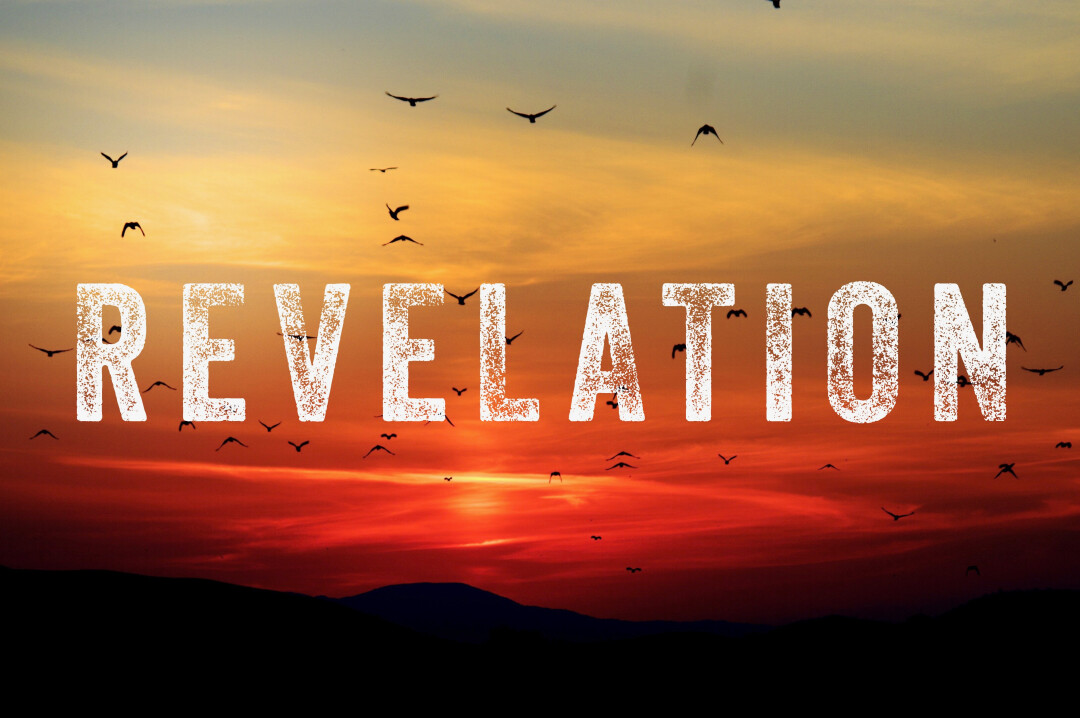Blessed
Series: Revelation
Sermon Notes
You can add your own personal sermon notes as you watch and listen to the sermon. When you're finished, you'll be able to email or download your notes. Also, follow-up questions are included for review and application.


